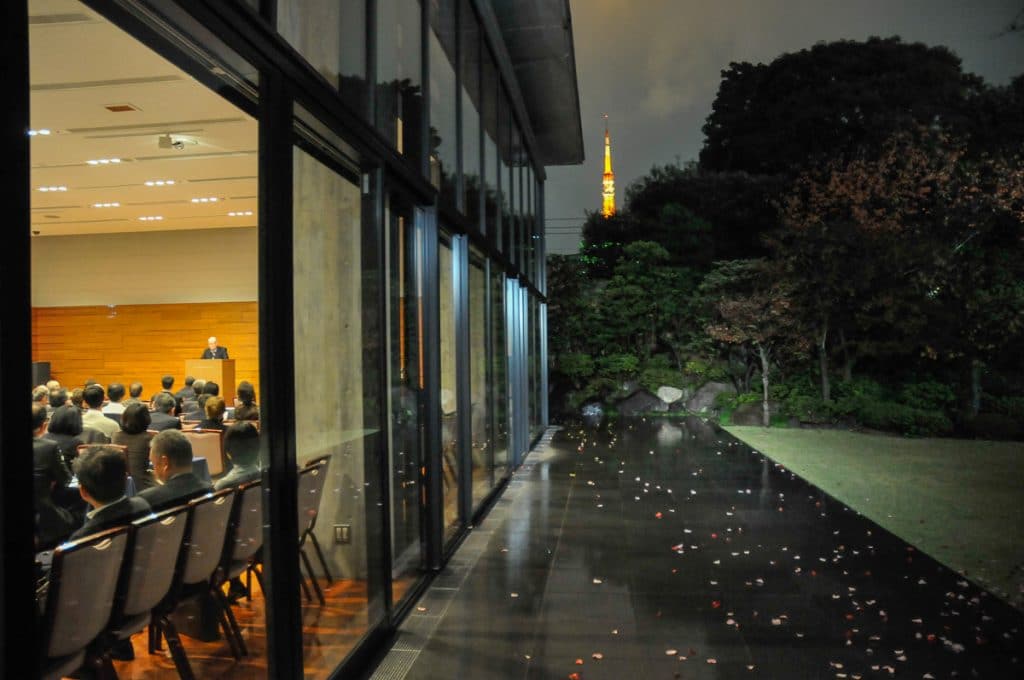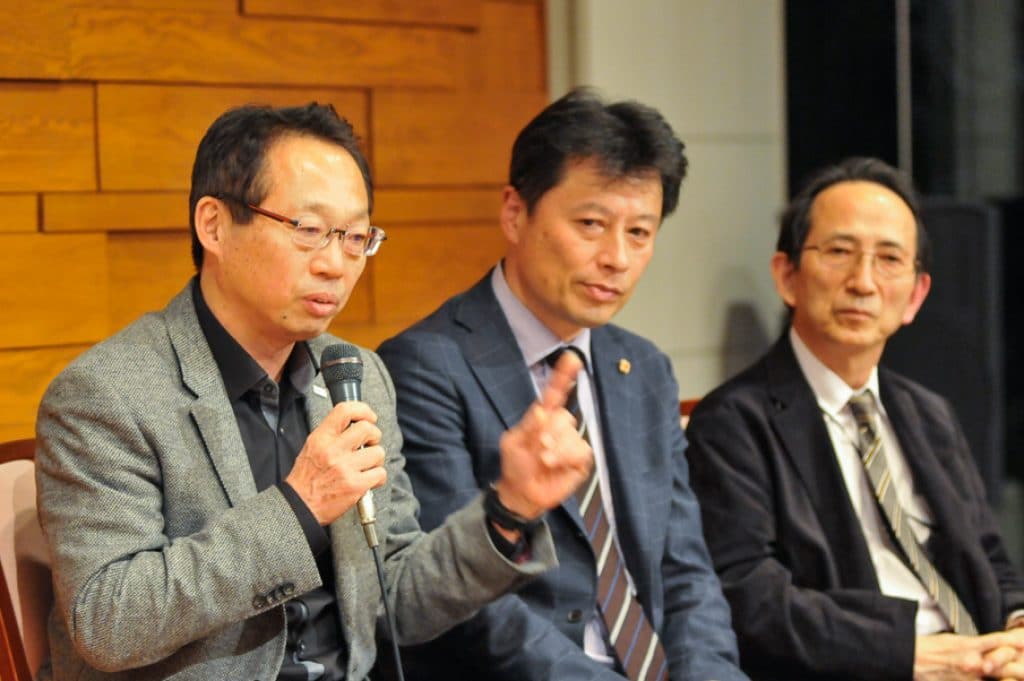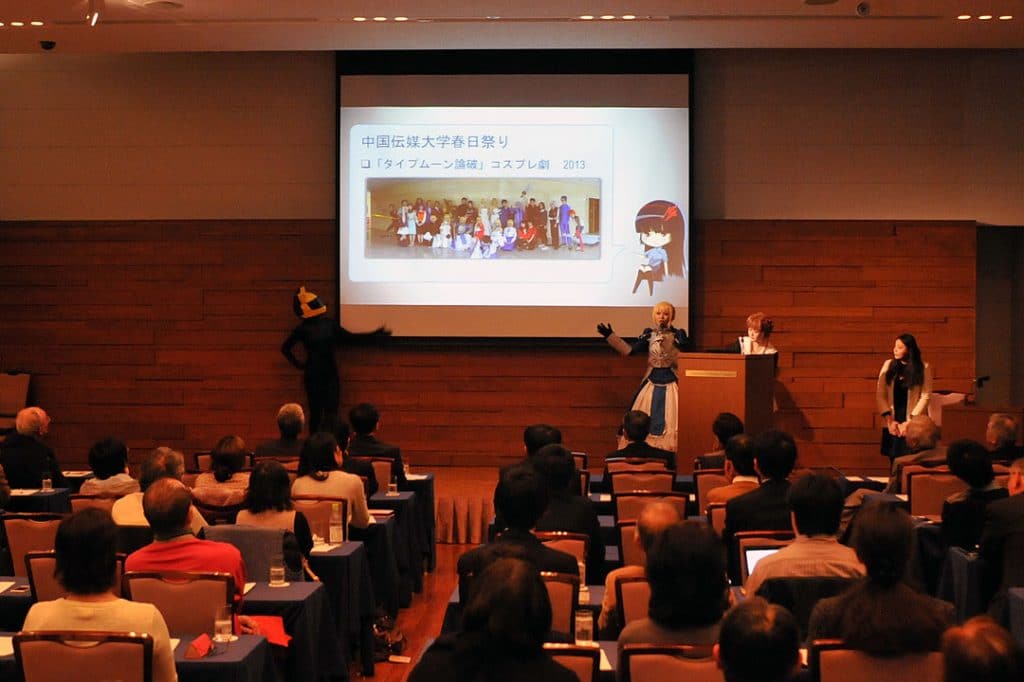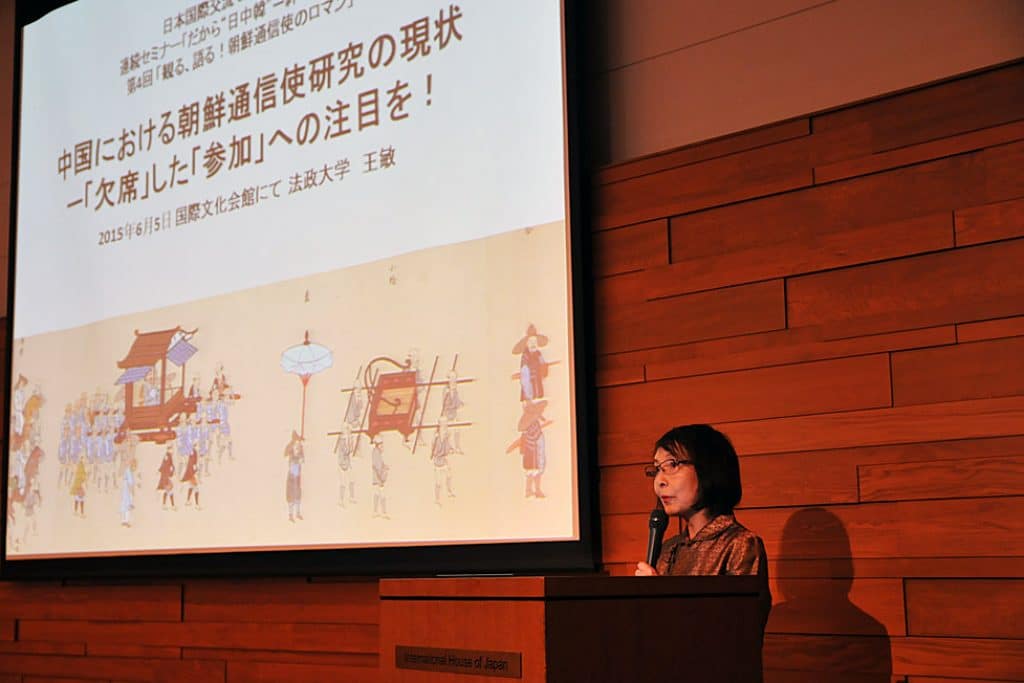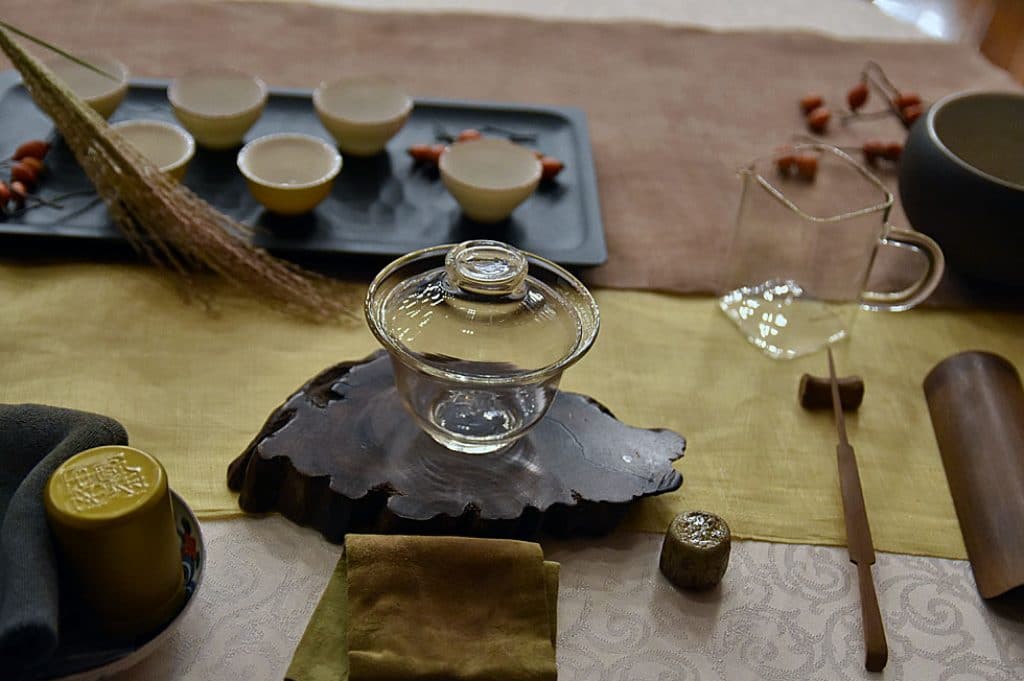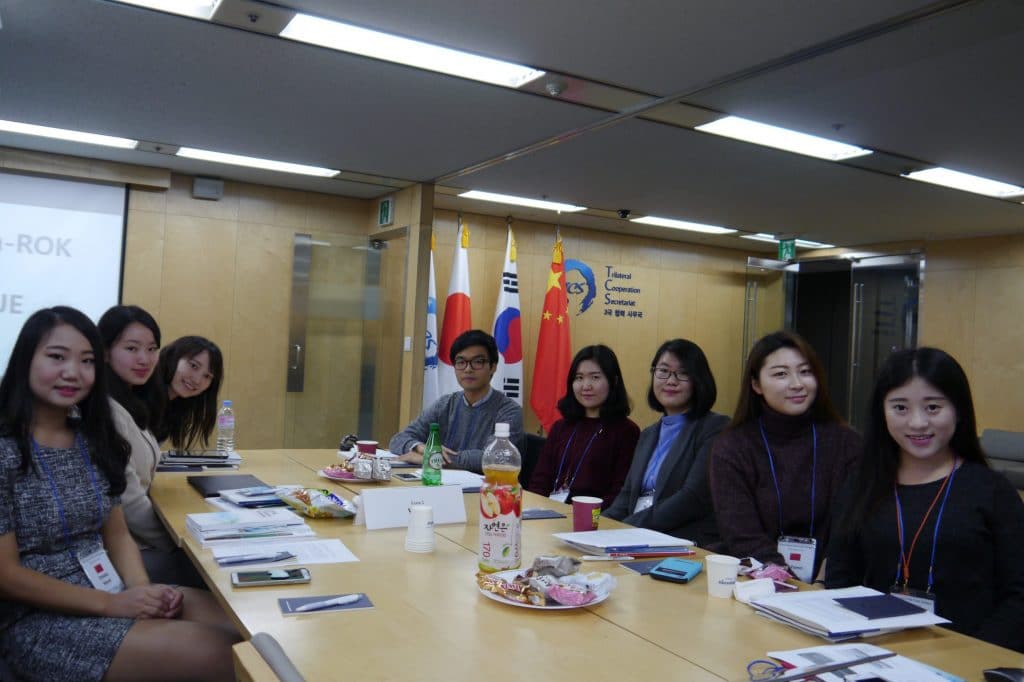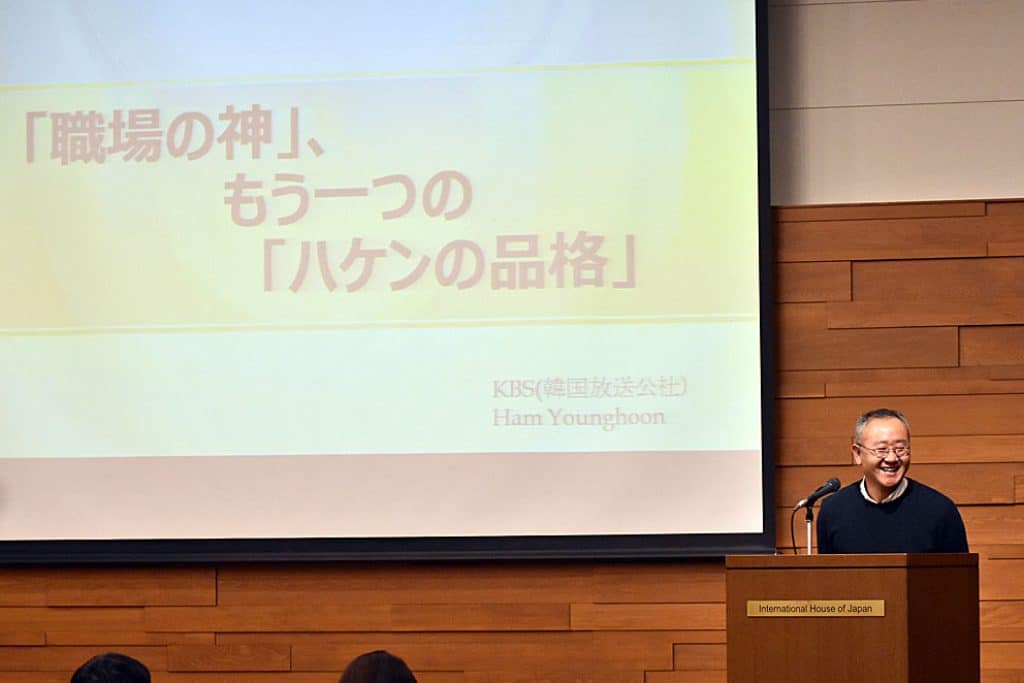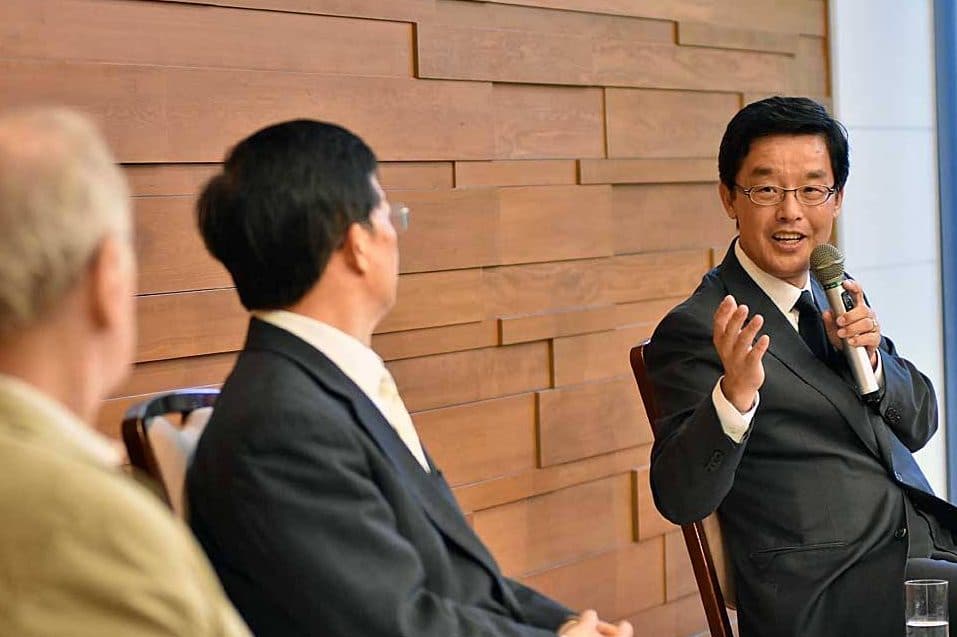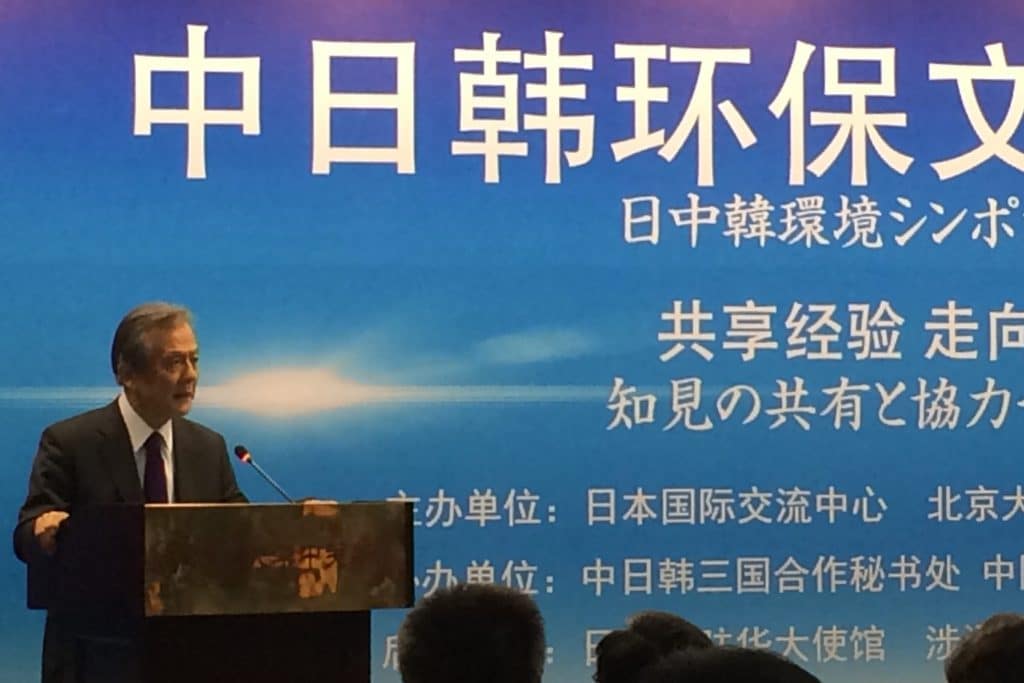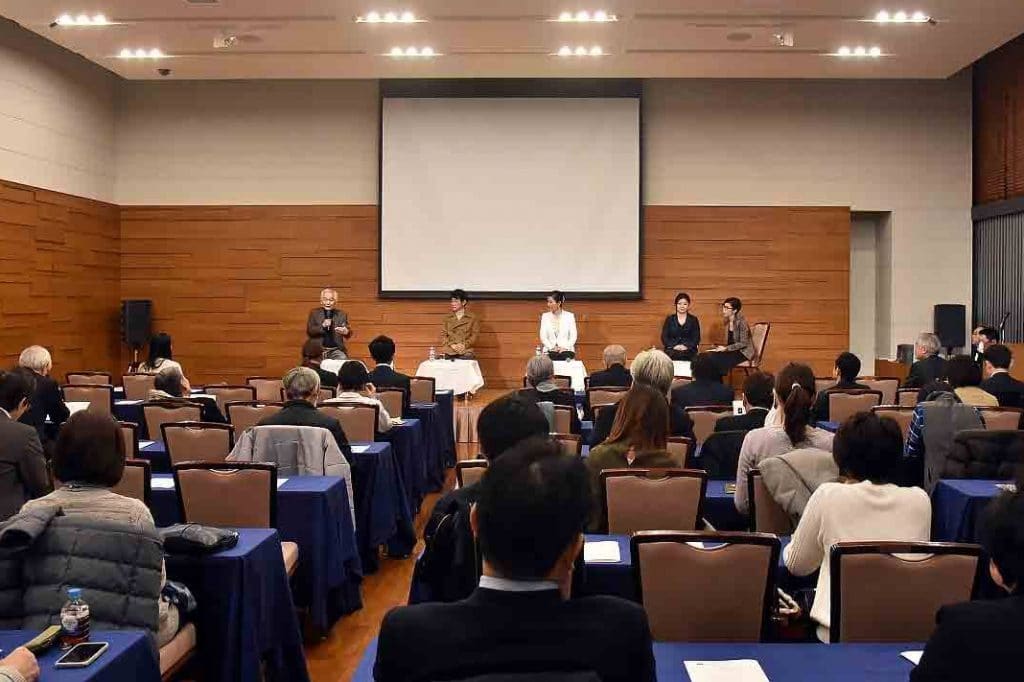REDISCOVERING COMMON BONDS AMONG JAPAN, CHINA, AND KOREA
» Programs
2014–2017
Japan, China, and Korea—three countries that neighbor one another in East Asia—have been overcoming their troubled history and deepening their friendship over the past half century. Recently however, divisions related to territorial disputes and historical issues have led to chilly relations and a deepening of anti-Chinese, anti-Korean, and anti-Japanese sentiment.
Nevertheless, these three countries are historically and culturally connected, as evidenced by their use of Chinese characters. They all face similar 21st-century challenges that transcend their borders, such as environmental problems and declining birth rates, and a new type of cultural exchange has been developing, led by the younger generations in each country.
Indeed, Eastern civilization and wisdom centered on these three countries may prove useful in addressing the various problems generated by the shift toward globalization that has been spearheaded by the West over the past several decades. By working together with the young generation that will serve as tomorrow’s leaders, this project seeks to rediscover the bonds between Japan, China, and Korea and to explore their potential role in the 21st century.
Starting in the fall of 2014, JCIE held a series of public seminars. The guest speakers were experts on the cultural commonalities between Japan, China, and Korea, and they addressed topics related to the following four categories:
- Common cultural foundation (Chinese characters, Confucian/Buddhist culture, india ink paintings, Eastern medicine, and food culture, etc.)
- The new shared culture (anime, dramas, movies, pop music, sports, etc.)
- Common challenges (water shortages, air pollution, energy, aging populations, social inequality, education, etc.)
- Causes of friction (territorial disputes, conflicting historical views, etc.)
The initial seminars were held in Tokyo, with subsequent seminars in China and Korea. In addition, in order to contribute to the development of the younger generation, arrangements were made for the participation of students in the seminars.
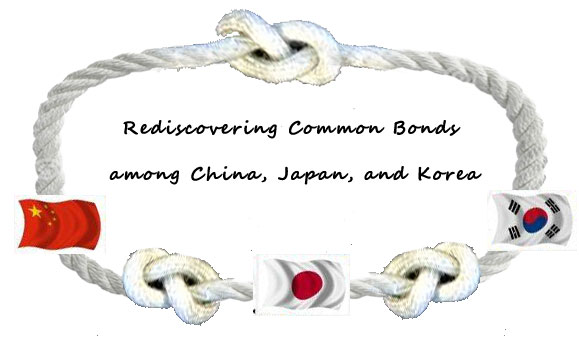
Trilateral Cooperation Secretariat (Korea), Shibusawa Ei’ichi Memorial Foundation (Japan), MRA House (Japan), Institute of Japanese Studies, CASS (China), Center of Japanese Studies, Peking University (China), East Asia Foundation (Korea), Institute of Japanese Studies, Seoul National University(Korea), and Dongseo University (Korea).

